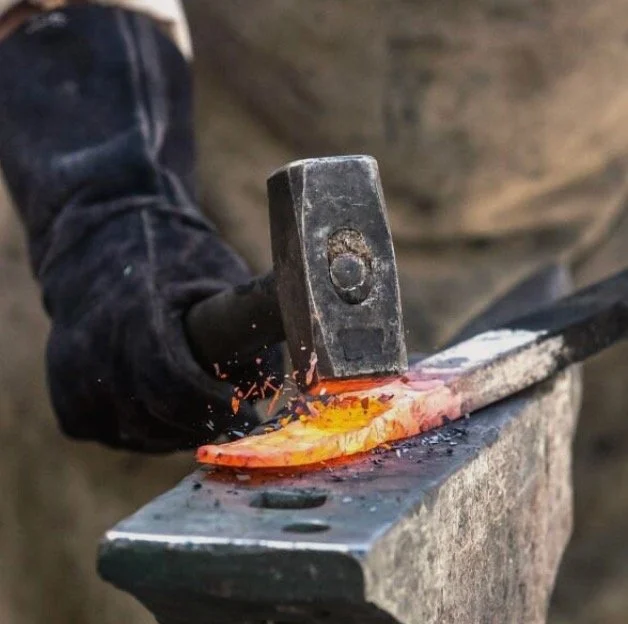“Tristeza do Jeca”
In honor of Tuesday’s Superb Sentences post, today’s post is a sertanejo song with a history that goes back more than a century: “Tristeza do Jeca” was written in 1918 by Angelino de Oliveira (1888-1964) and appears on many “best sertanejo songs of all times” lists. The word “sertanejo” in yesterday’s post referred to a person from the Sertão in Brazil’s Northeast, but here sertanejo (or música sertaneja, “sertanejo music”) refers to a tradition that comes from the hinterlands in Brazil’s southeast and central regions. This version of the song is sung by the brothers Tonico and Tinoco, who are among the most famous of the early sertanejo musicians. Sertanejo has experienced a resurgence in recent decades, with higher production values and more glitz.
The word Jeca in the title refers to a rural, uncouth person, a hick, yokel, or hayseed, a figure who is idealized and valorized in sertanejo music. “Tristeza do Jeca” could be translated as if it were a specific name (“Jeca’s Sadness”), but it’s usually more of a generic term referring to a non-urban, non-cosmopolitan figure.
Listen to the song as sung in classical sertanejo style by Tonico & Tinoco.
Listen to a more recent version and style by Zezé di Camargo & Luciano.
“The hillbilly’s lament”
In these very simple verses, my beauty, my love
To you I want to sing my suffering, my pain
I’m like the thrush, when it sings it’s only sadness
From the branch where it sits
On this guitar I sing and wail for real
Each tune represents a longing
I was born in those hills in a modest little ranch
All full of holes where the moon makes it bright
When the dawn arrives there in the woods the flocks of birds
All the noise starts
On this guitar I sing and wail for real
Each tune represents a longing
There in the woods everything is sad
Starting from the way we talk
Because when a hillbilly sings, it makes you want to cry
There’s not one who sings happily
They all live in need, singing for relief
I’m going to stop with my guitar
I can’t sing anymore
Because when the hillbilly sings, it makes you want to cry
And the tears go falling down, slowly disappearing
Like the waters go to the sea
